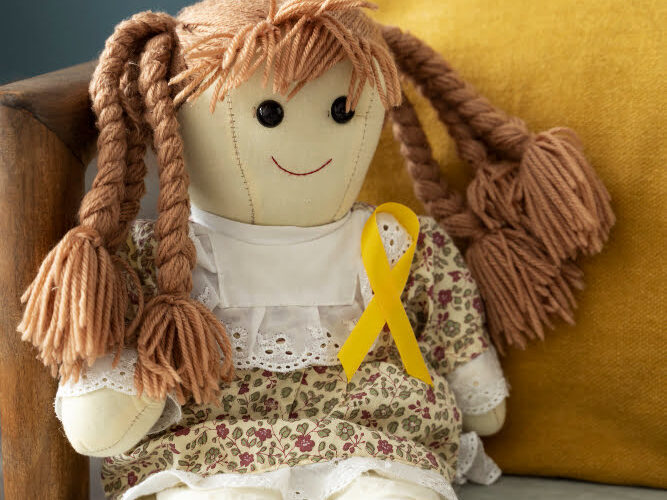Introduction
People are likely to have experienced playing with dolls during the process of growing up, usually as children. Nowadays there are many different kinds of toys, but why do children play with dolls? In this article, we investigate this mystery.
Why do children play with dolls?
There are many toys and games in this world, but why are children interested in dolls? Because those dolls are cute? Because they are cool? Maybe at first, but as toddlers grow up a little, they become interested in the dolls regardless of their appearance.
Also, human interaction plays a big role for small children. They will act out or imitate what they see or hear through the dolls. Through playing with dolls, they are practicing conversation and communicating their feelings (Kirby, 2022).
Benefits of Playing with Dolls
- Communication Skills
The doll does not speak but still, children talk to dolls. The reason is that children practice a lot of conversation by talking to dolls. For example, when a child remembers something but is unsure of it, or when a frightening event occurs, he or she will talk about what is on his or her mind.
Dolls can also improve social skills. For example, if two toddlers meet each other with dolls while out and about, they may play with each other using the dolls. In this way, they can develop social skills.
It is also an opportunity to learn emotional language. Using words such as hungry, sleepy, happy, happy, etc., with the doll can provide new learning opportunities.
Additionally, doll play contributes greatly to young children’s self-expression. Role play is a kind of self-projection, so listen to the doll’s changing emotions!
- Empathy
Playing with dolls also helps develop empathy. It is very difficult for young children to know and deal with the fact that others have unique thoughts and feelings. At such times, an adult can help them through the doll and say, ‘The doll is crying, isn’t it? How can I make her go from feeling sad to happy?’ or something like that!
In this way, young children can learn about emotions and also learn about other people’s perspectives
- Fine Motor Skills
Changing a doll’s clothes, from buttoning and unbuttoning to unzipping and unzipping, is a complex activity for young children that helps them develop skills they can use in their daily lives.
- Self-Help Skills
Eating in the context of playing with dolls helps toddlers learn how to use utensils such as spoons and forks by heart. This play may help smooth the way for everyday eating.
In addition, it can greatly help with hygiene. By having the doll brush its teeth, comb its hair, bathe it, etc., the infant can learn together with the doll, just as it did with the meal.
・Self-Soothing Skills
Expressions of affection for dolls provide an opportunity to learn how to heal the self. It is not just that we like our favorite dolls, but that they are also very helpful in processing our own emotions. Hugging and kissing a doll has such benefits (Kirby, 2022).
Conclusion
It turns out that playing with dolls is not just a game but plays an important role for young children.
Reference
・Kirby,L(2022).Why Do Babies Want Baby Dolls? [online] Verywell Family. Available at: http://www.verywellfamily.com/why-do-babies-want-dolls-5216347 [Accessed 6 November 2022].
